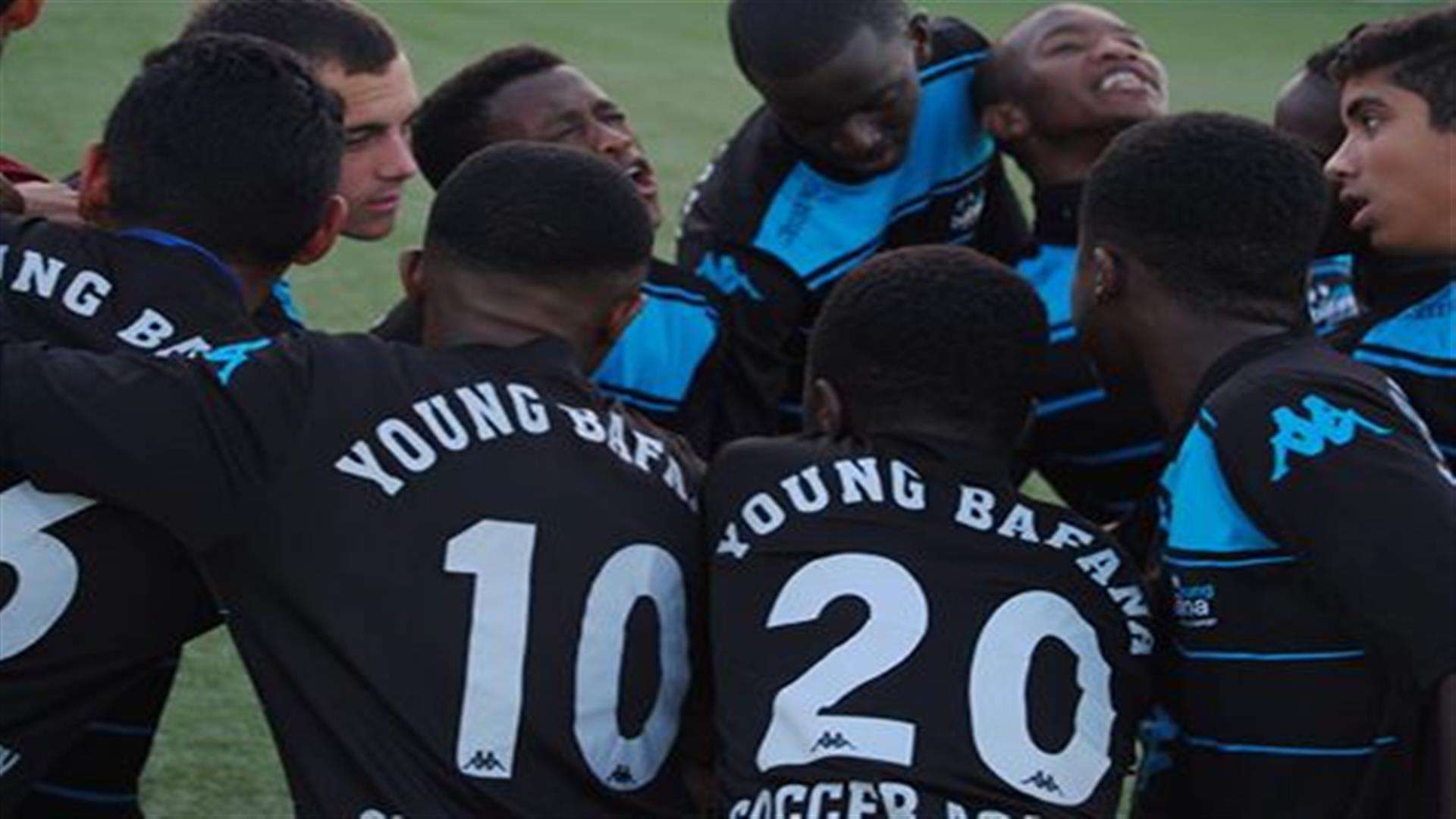ACADEMY VIEW: Young Bafana Follow on Twitter
As with many academies in the Western Cape, we receive numerous requests from players to attend trials or questions about what they need to do to become a player for Young Bafana. The reality is that our country hosts a wealth of football talent. There are almost too many players for the number of fields and clubs that are available. Most of these youngsters, who start football as their passion also dream about making it a fulltime career one day. So here are our 2 cents of advice for all the aspiring youngsters out there who want to become a member of Young Bafana or a similar academy.
Commitment
Many times, when professionals get asked what they did to get to where they are currently at, they will answer that question with a sentence involving hard work and commitment. This is doubtlessly true; however, I don’t feel that this phrase needs to be described a little bit, just so that players get a true idea of what is really needed.
Firstly, the reality is that most of your teenage years will be spent either at school or on a football field. This means you will have to really make some sacrifices. A typical week for our U18 team includes; 4 training sessions per week lasting about 90 minutes each. In addition to this, there is at least 1 match per week sometimes 2. If it was just the training time that might not seem like an overwhelming load. But if you consider that there is a travel time of about 2 hours involved per day then it shows you that the football will really take up a whole lot of your time. At the same time, you still need to get appropriate rest as well as completing homework and possibly home-chores. This leaves very little time to socialize or procrastinate. This can be very hard for teenagers which directly leads us to point #2.
Longevity
Very often when hearing about the above commitment that is necessary to fulfill your footballing dreams most youngsters believe that they can easily fulfill this. However, when they realize that this is really a weekly program and not a once off you often get issues. Youngsters might start of attending every training session but then soon miss sessions because they are struggling to keep up at school. This is not necessarily due to missing too much homework time (the academy also provides extra classes) but rather due to struggling to really follow through with a disciplined daily schedule that involves planning the hours spent at home wisely and filling them with studies. Committing to a tough footballing schedule for a week or a few months is one thing, but doing it for many years is quite another. Youngsters need to be aware of this.
Hard work
Hard work is the other word that is often used when hearing about success. However, one thing is to have the commitment and being there every day. The other is how you use the sessions. Our understanding of hard work is that you are prepared to do your maximum in every session in order to grow as a player. Are you really going into every session with the ambition to grow by even a single %? Because daily growth is what is required. And to achieve daily growth you need to ensure that you use each and every session as a valuable opportunity to grow. The famous act of going through the motions is something no aspiring professional can afford. Simple because others might use the time they have on the field more productively. Quality work will outweighs quantity of work in terms of importance.
Growth Mindset
My last point is the question of how you deal with setbacks? In truth, development is never a smooth ride. Along the way, there will be painful moments of defeat and setbacks. The defining moment is how you deal with these. Do you choose to point fingers at others and blame external factors for your shortcomings? Or do you take defeat and mistakes for what they really are? Namely an opportunity to learn and improve. The best players out there show a tremendous amount of critical self-reflection. They will always look at what they can do better every day. They won’t be satisfied by blaming the coach for putting them on the bench, they will rather look at themselves first and ask the question: What can I do better. If you can get that right you will have a crucial prerequisite for success.
I hope this is helpful and provides a useful guide for aspiring young footballers.


.jpg?auto=webp&format=pjpg&width=640&quality=60)
.png?auto=webp&format=pjpg&width=640&quality=60)
